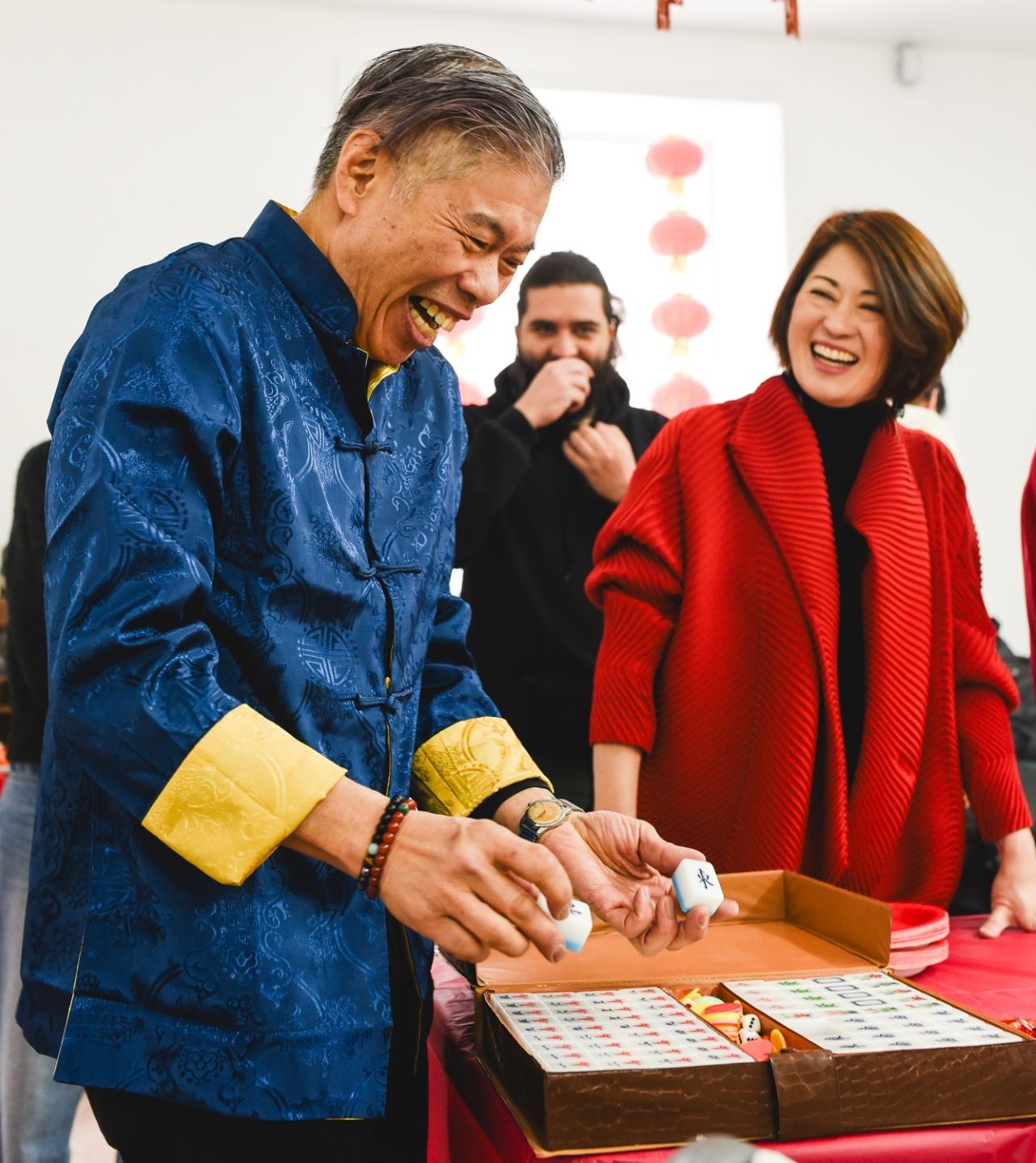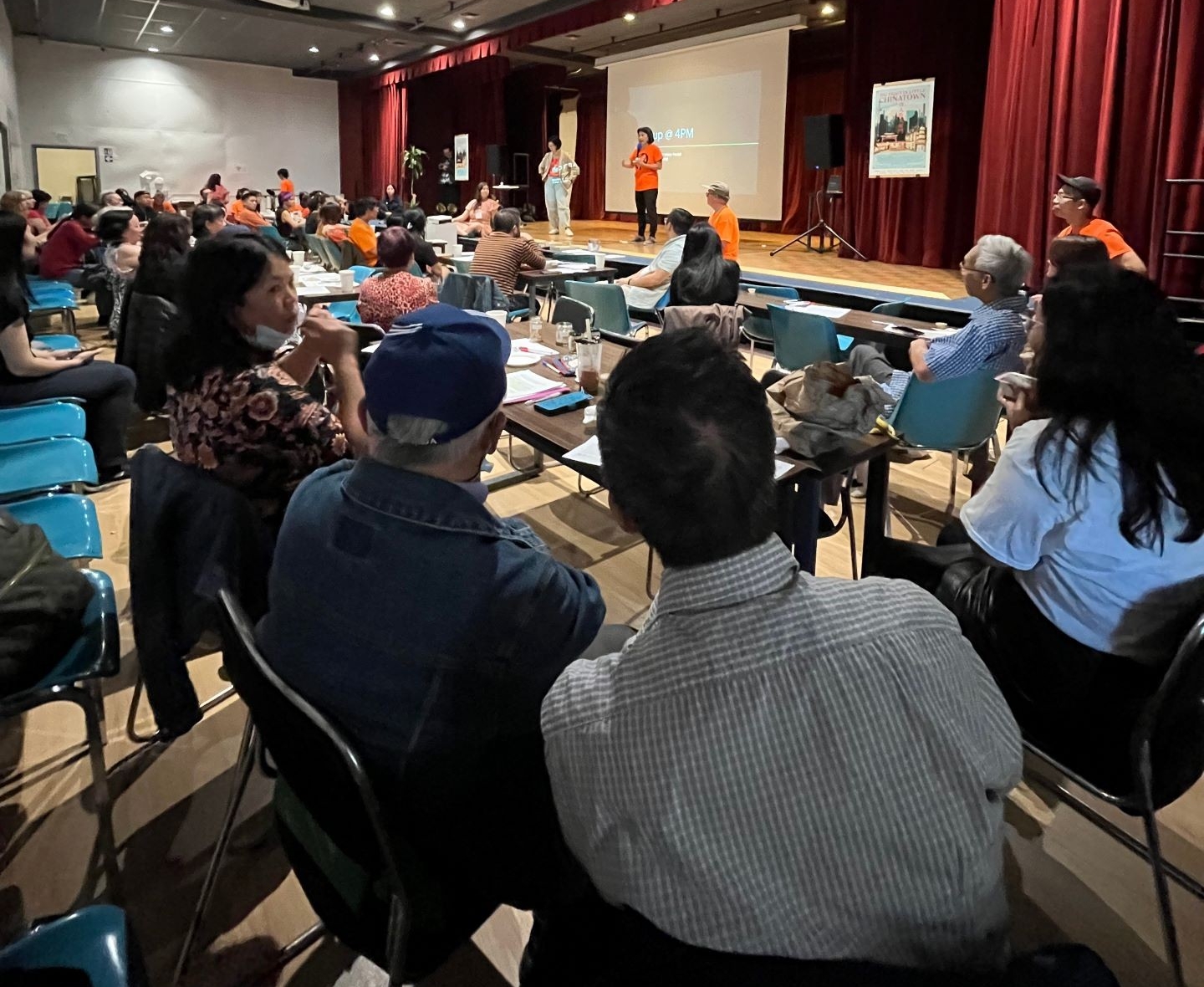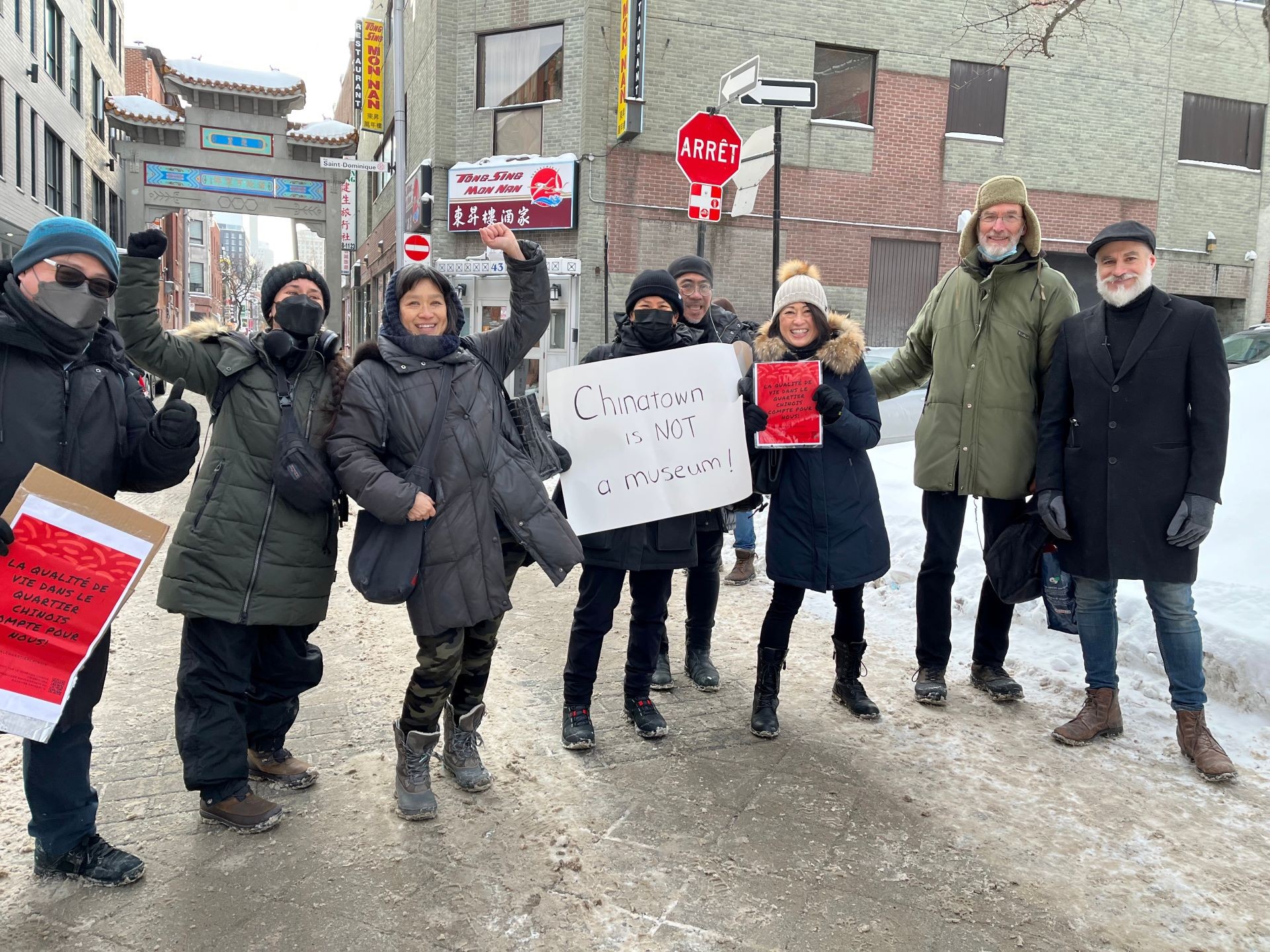In August 2024, the City of Montréal announced the acquisition of a lot located at 1100-1102 rue Clark at a cost of $1.98 million. As the City also owns the two adjacent lots, it has indicated that this strategic acquisition is to enable a non-market housing project with 45-60 units on site. The intention of the city intends is to resell those lots in the future to a partner committed to developing such a project.
With this opportunity in mind, the JIA Foundation convened a project steering committee with the Chinatown Roundtable, Table de concertation du faubourg Saint-Laurent and Comité logement Ville-Marie and launched the Clark Street Reimagined Project with an open house and a visioning workshop in early December 2024. The project is a community-led initiative to develop a holistic vision of Clark Street and a concept plan for a mixed-use housing project for the City-owned sites. Through SHIFT's Research and advocacy program, the research team created facts sheets around equitable approaches to community development that were used to inform community consultations. JIA Foundation also engaged Pivot: Coopérative d’Architecture to create a proposal for a mixed-use social housing building with community insights gathered from two collaborative design workshops in early 2025.

 Jessica Chen and Sandy Yep at the Lunar New Year celebration following the launch of the Maison Yep-Riopel at 116 de la Gauchetière. (credit: Rachel Cheng)
Jessica Chen and Sandy Yep at the Lunar New Year celebration following the launch of the Maison Yep-Riopel at 116 de la Gauchetière. (credit: Rachel Cheng)
 Panel audience at Chinatown Reimagined Forum in September 2023. (credit: Karen Cho)
Panel audience at Chinatown Reimagined Forum in September 2023. (credit: Karen Cho)
 Photo: JIA Foundation
Photo: JIA Foundation
 Organizers in Chinatown after the Wing's block received heritage status in 2022. (credit: Jessica Chen)
Organizers in Chinatown after the Wing's block received heritage status in 2022. (credit: Jessica Chen)

